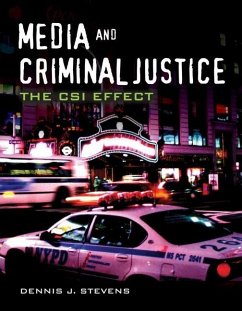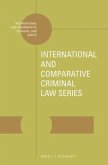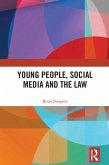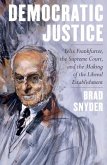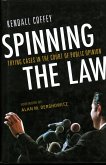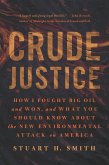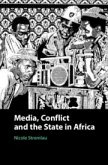Media and Criminal Justice: The CSI Effect illustrates how media coverage and television programs influence the publics perception of criminal justice. Fiction is often mistaken for reality, and this phenomenon called The CSI Effect adds to the assumption that all criminal cases can be easily solved through the employment of high-tech forensic science, as depicted on television crime shows. Over 400 prosecutors assist in explaining the CSI Effect's influence which reinforces America's troubled wars on crime, junkies, poverty and immigrants, and produces a greater tolerance of official misconduct, and an escalation of wrongful convictions. This text explores common misconceptions and their consequences, providing readers with the ability to critically analyze information promoted by the media and entertainment. Comprehensive and balanced coverage of timely events in crime scene investigation, prosecutorial discretion, and wrongful convictions are also provided.

